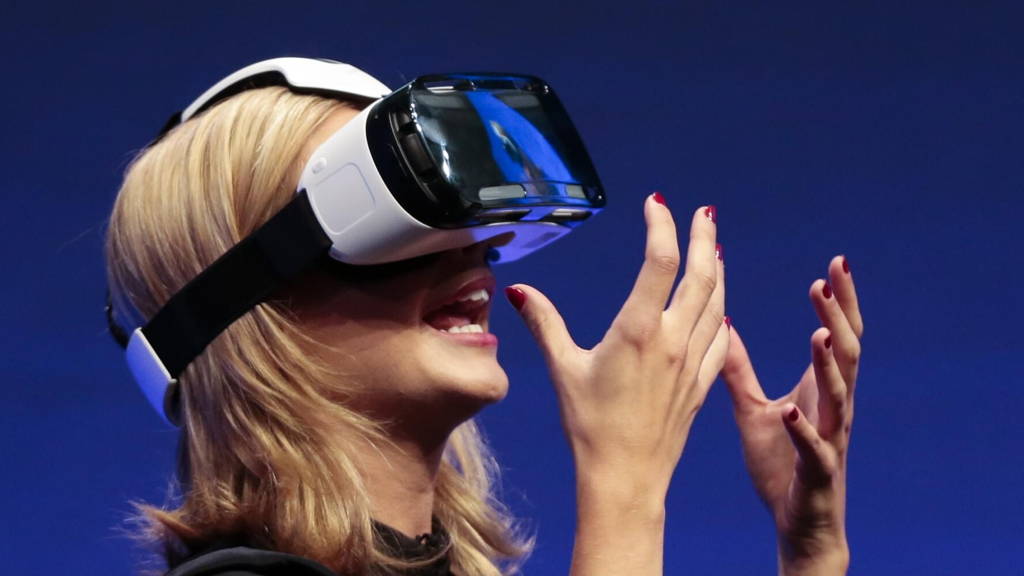They just can’t function
"We don't know very much about what causes visual vertigo at the moment. There also are not many effective rehabilitation therapies available, so the aim of our project is to try and understand those two things," according to Dr Georgina Powell, of the School of Psychology. She also stated that vertigo can be extremely debilitating: "It can mean that a patient can't leave their house because they feel so sick and nauseous every time they walk around in their visual environment. They can't work, they just can't function."According to the team one of the most striking observations they had made about sufferers was the variation between what sparks their symptoms. "All the patients are very different and some environments might trigger symptoms for some patients whilst other environments might trigger symptoms for others," Dr Powell said. "So by using virtual reality (VR) we can have vast flexibility over the different types of environments that we can show to patients and we can find out what their individual triggers might be and then tailor specific rehabilitation therapies."
Large shops, with their cluttered shelves and repetitive aisles, often act as a catalyst to Vertigo attacks. It is therefore often referred to as the "supermarket syndrome". "Other environments include walking by the side of a river, where you have motion on one side of you but not on the other," Dr Powell said.
"Generally they can only handle so much of the virtual reality images at one time - we have a bucket ready," She added. "But we give them lots of breaks and lots of water and monitor how they are feeling."
Rehabilitation is difficult
Vertigo is often developed after physical damage or illness related to their vestibular system - the apparatus of the inner ear involved in balance and space orientation - such as an ear infection. It can also be related to migraines. Prof Petroc Sumner is overseeing the project, added that it can be "very difficult" to rehabilitate."There are new patients every month and also repeat patients. So, because it can't easily be fixed quickly, then the patients have to be seen multiple times - that takes up a lot of NHS time." He concluded that the concept had "real potential", especially as virtual reality becomes cheaper.






